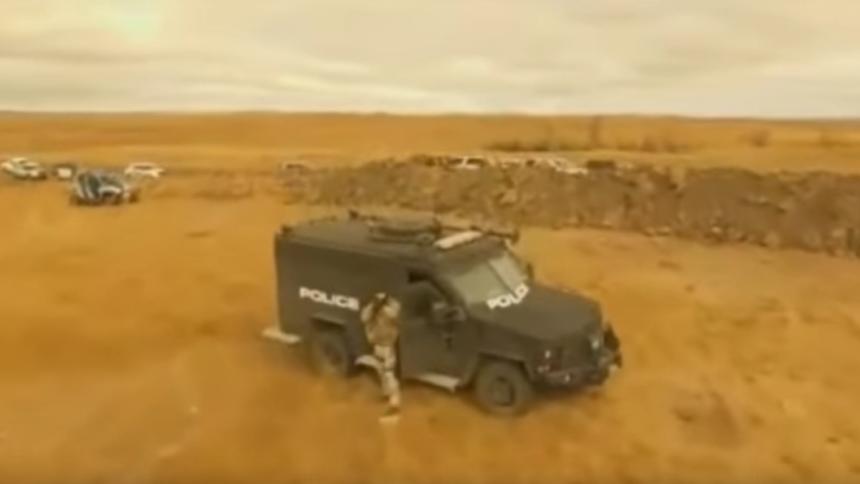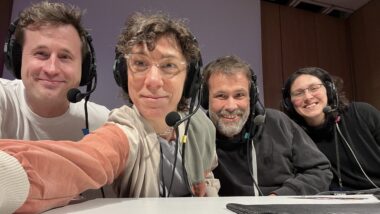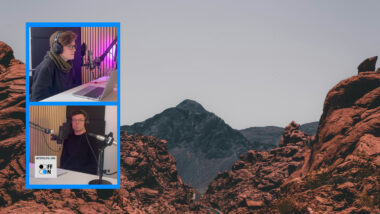They are still on the rise: small civil drones in more and more designs and price ranges. What activists do with them, what they can film and observe, and what new ideas and forms of action are possible, are subjects we discussed with Adam Fish in our 149th netzpolitik.org podcast. Adam Fish reports on drone projects on several continents that are often related to environmental or sustainability issues. But who actually owns the sky in which they fly?
As more and more of these small drones are being used, regulatory issues have emerged which are adressed in the podcast. Problems also arise in other areas, for example when protests are monitored by police drones. Adam talks about his experiences with drone projects and gives insights about how he imagines the future.
Dr. Adam Fish is an anthropologist and documentary filmmaker. He is a Senior Lecturer in the Department of Sociology at Lancaster University and currently a senior fellow at the Weizenbaum Institute in Berlin. He examines digital industries and digital activists working with networked technologies: television, video, the internet, and newer platforms such as drones and the internet of things and is the author of several books. At the moment, he is working on his new book Drone Justice for which he spent more than four years working with over seventy civilian drone pilots, engineers and scientists. Last year, along with Bradley Garret, he produced the experimental drone short film Points of Presence in which they attempt to visualize and make tangible fiber optic cables and other information infrastructures in the North Atlantic. In the Guardian, Garret and Fish wrote about regulations worldwide that make it difficult for journalists and civilians to use drones freely, and advocated for free access to the atmospheric commons.
This is the mp3 file of netzpolitik.org podcast 149, with music by Stil & Bense.
Alternatively, we also offer an ogg file. This is our netzpolitik.org podcast feed.
This is the movie Points of Presence about which Leon Kaiser and Adam Fish talk in the podcast:





0 Ergänzungen
Dieser Artikel ist älter als ein Jahr, daher sind die Ergänzungen geschlossen.